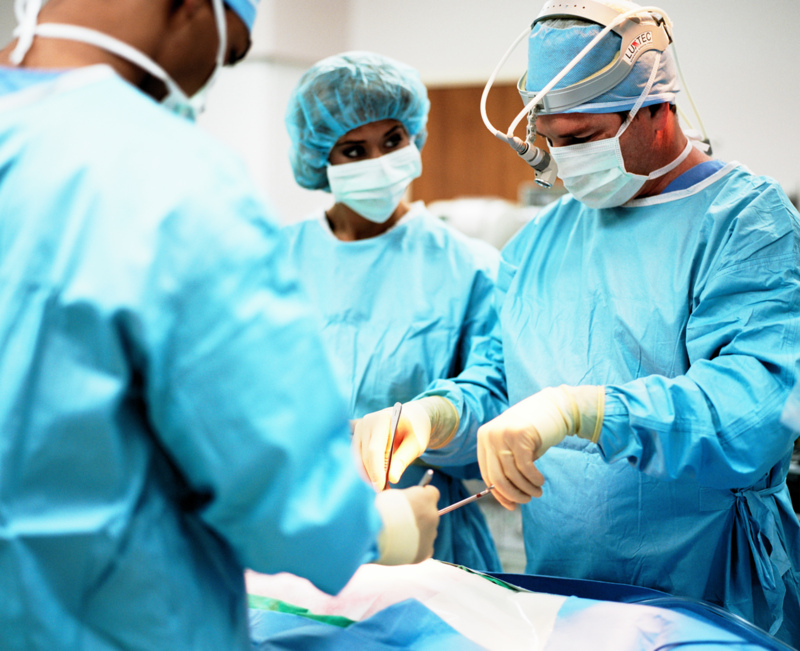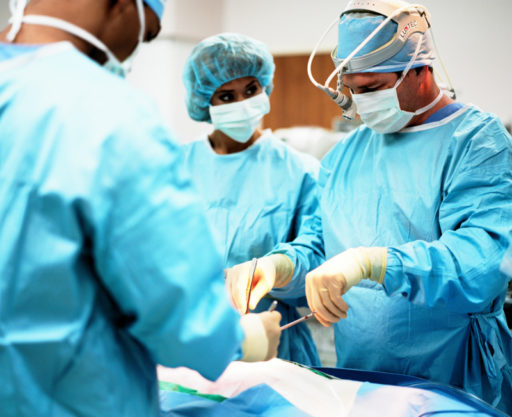Weight loss surgery is safer than ever. Surgical methods continue to improve. Laparoscopic procedures, which require only small incisions, cause less stress to a patient’s body than does open surgery. WeightWise surgeons use minimally invasive techniques about 99 percent of the time.
Still, every surgery is serious. The body and mind need time to heal and adjust. Before and after surgery, our staff provides support and education to help you reach your goals. Speed recovery by treating yourself with care. Here’s how to recover from weight loss surgery.
Be Mentally Prepared for Change
Prepare yourself for surgery and recovery by learning as much as you can about the procedure. Research possible side-effects. Understand how your diet will change. Have a plan for shopping and meal preparation.
Go into surgery armed with knowledge. You’ll feel more in control when you know what to expect. The staff at WeightWise will be your best resource before and after surgery. We’ll answer questions, cheer you on and monitor your health.
Become a Dedicated Walker
As soon as you’re able, start moving. While in the hospital, we’ll get you up and walking ASAP. The first steps will be slow. Soon they will be stronger and faster. Gradually increase your walks.
Moving helps speed recovery and is important for weight loss and maintenance. Walking as you heal is less about burning calories and more about getting strong and establishing healthy habits.
Follow the Prescribed Diet
Your dietitian will provide guidelines for a post-surgery diet. You’ll go from liquids, to soft solids and eventually to a long-term maintenance plan. Expect to consume small portions, limited carbs and lots of water.
Gastric bypass and gastric sleeve patients will have to give up sugary foods and beverages to avoid dumping syndrome. All weight loss surgery patients need to be aware of trigger foods, usually carbs, and stay away from those.
Stay Hydrated
Dehydration can become a problem after surgery. You should aim to drink at least 96 ounces of non-carbonated, non-caffeinated liquid per day. Drinking this amount is difficult after surgery because your stomach pouch will be small. You’ll feel full after only a couple of sips. Put yourself on a schedule or find some way to incorporate drinking throughout the day.
Don’t Go It Alone
Support is crucial after surgery and for weight loss in general. Join a group of like-minded people. Speak with your family. Ask for what you need.
Think about who you will tell about the surgery. Some people want to share their weight-loss journey with friends and coworkers. Others believe surgery and weight loss is personal. Do what feels right for you.
On the way to recovery and weight loss, you’ll need to make numerous lifestyle changes. Adjusting can be difficult. Rely on your support group, your healthcare team, your family and friends.
Learn more about weight loss surgery by attending one of our free seminars.



